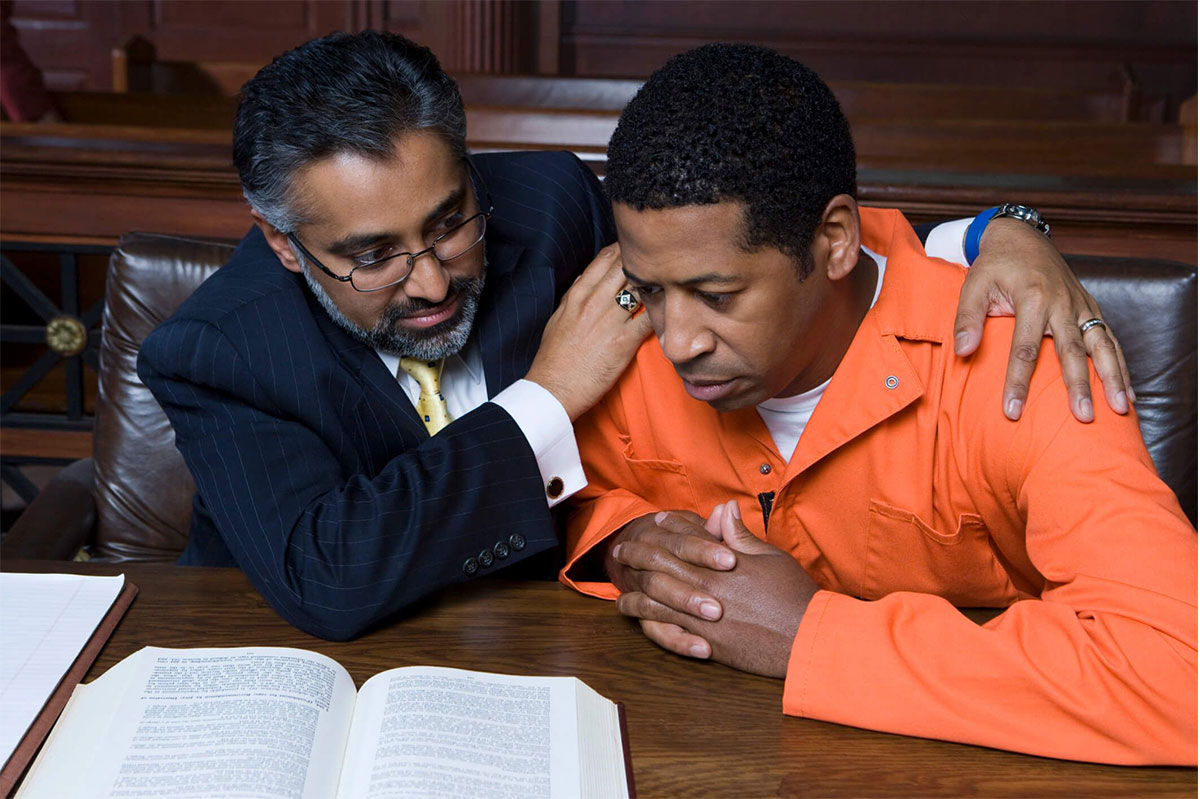If you have committed any crime, you have the right to claim your own innocence before the court. The way you plead will direct the rest of your case, including whether or not your case will go to trial by a jury. How you should plead depends entirely on your own personal circumstances, the nature of the crime and the details or your arrest.
If you are wondering how a plea will affect you, and what it means for your case and your future, here is some information that can help.
Types of Pleas
There are essentially only two types of pleas: guilty and not guilty. However, each of these pleas require some explanation. For example, you might have committed the crime, but you also might not have fully understood your actions because of mental illness. Therefore, you could enter a “not guilty” plea on the basis of insanity.
You might also enter a “no contest” plea, which is similar to a guilty plea, but less serious, as you do not contest the charges, but you do not fully admit to them either. For example, you can receive a traffic citation for a car accident. If you do not contest the citation in court, you accept the consequences associated with the charge.
If you are a first time offender, you may be able to work out an arrangement to settle your crime without a plea using alternative options like diversion programs or rehabilitation programs.
Understanding a Guilty Plea
Shortly after you are charged with a crime, you attend an arraignment to submit your plea. You might feel like you have to plead guilty right away, especially if you are sure the charge will be hard to fight. But, taking a guilty plea at an arraignment is risky for a few reasons.
When You Plead Guilty, You Are Fully Admitting to the Crime You Are Accused of Committing
Your plea is recorded as admission of guilt, and no more evidence is needed. When you admit to a crime, you are then punishable to the full extent of the law, and a reduced sentence cannot be negotiated.
You Won’t Have as Much Time
Guilty pleas are more easily processed, so you may not have as much time to settle affairs with your family and finances.
You Might Miss Out on a Better Deal
Even if you have been involved in criminal activity, you should not assume that pleading guilty will make things easier for you. Waiting for a plea deal from the prosecution or for a trial that will offer a lighter sentence is almost always better for you.
The Plea Is Permanent
Once you enter a guilty plea, it’s very difficult to retract that plea. It can count as a charge on a criminal record that will affect how you might be charged for any crime in the future.
The Charge May Be Too Strong for the Crime
Some people who are overwhelmed with the legal process or who do not fully understand the crime or the charges might plead guilty only to realize that their crime was not a serious as the one they were accused of.
Pleading Guilty Can Be Disastrous for Those Who Aren’t US Citizens
If you a legal immigrant, being convicted of a crime could result in your being deported to your home country.
If You Plead Guilty, You May Owe a Lot of Money
Some people must pay for court costs, victim restitution, and other government fines.
After your arraignment, the prosecution may offer you a plea deal. If there is a lot of evidence against you and you face several charges, a reduced sentence through a plea deal might be the best option.
Your lawyer will best advise you on what direction you should take when you are offered a plea deal. For example, a trial might result in further charges or more severe consequences. It might be in your best interests to avoid a lengthy court battle and the financial challenge of paying for additional legal representation.
Effects of a “Not Guilty” Plea
A “not guilty” plea is usually the best option for most criminal cases initially. This gives you time to gather evidence and discuss defense options with your lawyer. If you truly aren’t guilty, there’s no reason to plead to a lesser sentence if you know you are innocent.
When you plead “not guilty,” you can read the prosecution’s case against you and find where it is weak. You also fall back onto your rights as a defendant: innocent until proven guilty, or the presumption of innocence. When you offer an innocent plea, you require the state to provide proof against you, which can sometimes be very challenging for them to do.
Before your arraignment, meet with an experienced criminal defense lawyer. Their knowledge of criminal law and courtroom experience will help you make an informed decision about whether or not to plead guilty.
Contact us at Mesenbourg & Sarratori Law Offices for more advice on your case.

